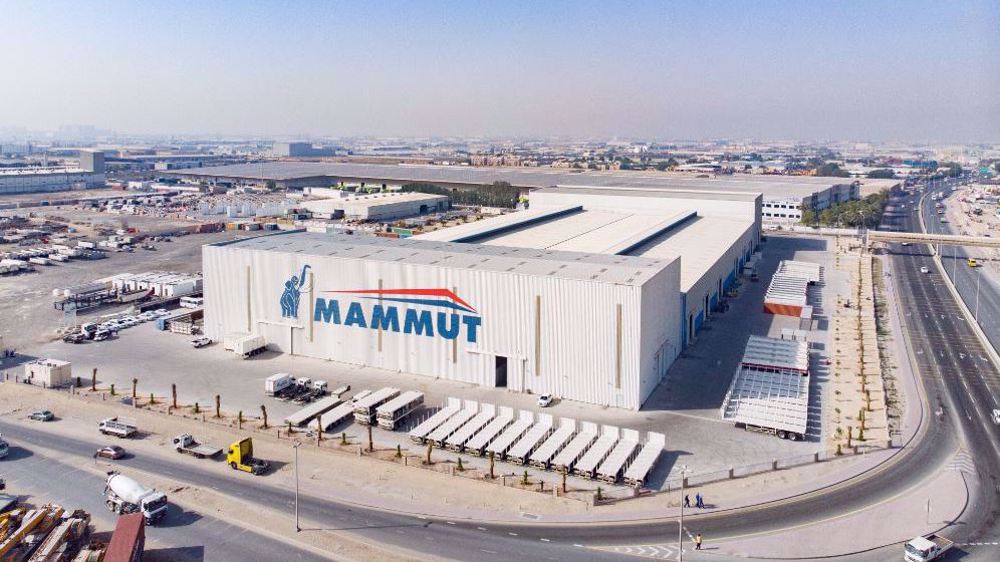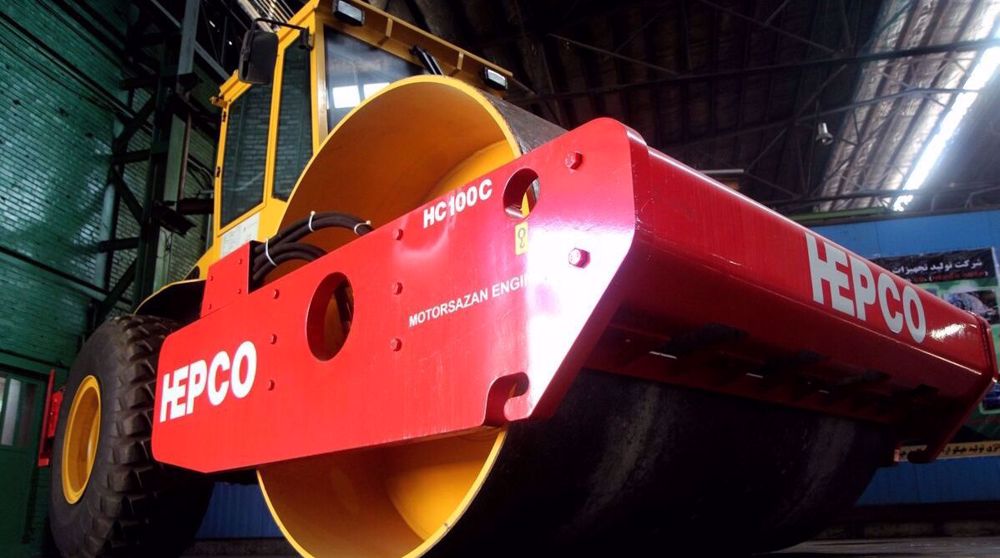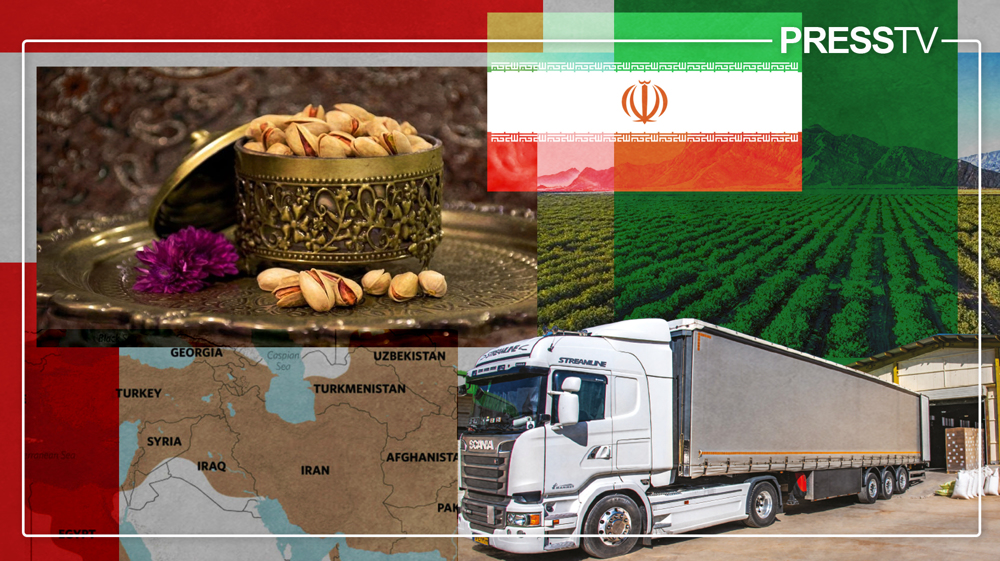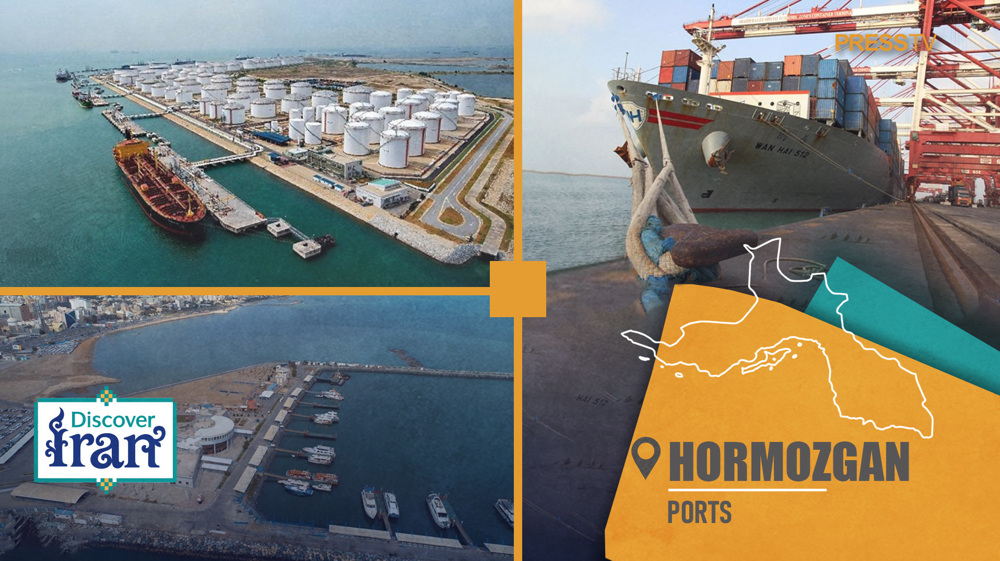Iran automakers to produce 6,000 trucks with Chinese help
Iran has signed contracts with two domestic automakers to produce 6,000 trucks with the help of Chinese manufacturers, the head of Iran's Road Maintenance and Transportation Organization said on Tuesday.
"Good things have happened in the automotive industry and efforts have been made to use domestic capacity to modernize the truck fleet," Dariush Amani told reporters in Tehran.
"In this regard, a contract for 1,000 units has been signed with Mammut Company and 5,000 units with Iran Khodro. We are now working to secure finance for these contracts," he added.
The Mammut Industrial Group, also known as Mammut Industries, assembled and distributed Swedish truck maker Scania's vehicles in Iran. Similarly, Iran Khodro was the local distributor of German automaker Mercedes-Benz's trucks.
However, both the European companies halted their operations in Iran after the US reimposed sanctions on the Islamic Republic in 2018.
"Given that we are under sanctions, Chinese companies are mainly the suppliers of domestically produced truck engines," Amani said.
Before the sanctions, Iran was one of Scania’s top ten global markets with annual business of more than 330 million. The company had been in operation in the country since 2000 through Oghab Afshan, a privately-owned partner and distributor of buses.
Scania produced nearly 1000 trucks a year emblazoned with its famous red griffin badge in Qazvin. Oghab Afshan meanwhile produced more than 800 Scania buses a year at its facility outside Isfahan.
Mammut had signed an agreement with Iran’s Road Maintenance and Transportation Organization and the Iranian Fuel Conservation Company to support the replacement of 5,000 aging trucks with Scania models, but it had to cancel the deal because of the sanctions.
Similarly, Mercedes-Benz halted its plans for local production of trucks and powertrain components as well as its return as a shareholder in the Iranian Diesel Engine Manufacturing Co (IDEM) in Tabriz to build diesel engines.
Thanks to the sanctions, however, Iran's auto sector has started standing on its own feet after years of reliance on imported car kits which foreign companies stopped supplying in fear of the US sanctions.
In July, former Minister of Industry, Mine and Trade Alireza Razm Hosseini said the total value of imported contents used in car manufacturing had been cut by $2.5 billion – a figure which is enormous at a time of severe foreign exchange crunch due to the draconian sanctions.
"Thanks to the efforts of automakers and component makers, the $4 billion dependence of the automotive industry on foreign companies has been reduced to $1.5 billion today, and the depth of internalization has increased," he said at a signing ceremony.
Iran Khodro and Saipa are the two largest local manufacturers, which have picked up the slack since France’s Peugeot and Renault exited Iran along with other international companies in the wake of US sanctions, creating a supply crunch which saw car prices vault to unprecedented highs.
The auto industry forms the second biggest sub-sector of the economy behind oil, accounting for some 10 percent of the gross domestic product and 4 percent of employment.
More than 100,000 people are employed by Iran Khodro and Saipa, while another 700,000 Iranians work in industries related to car manufacturing.
When the Trump administration reimposed sanctions on Iran in August 2018, it reserved Washington’s first hammer blow for the car industry to hurt as many Iranians as possible.
However, the US pressures forced domestic manufacturers to mobilize their resources to fulfill some of the tasks which were an exclusive competence of foreign companies.
Amani said his organization has been supporting domestic producers, citing Heavy Equipment Production Company (HEPCO) in Arak which it had provided with financial resources to resume production.
A deputy industry minister has said Iranian automakers are on course to produce more than 1.3 million cars this year, a 50 percent jump in production in the face of the US sanctions.
In July, the United States removed sanctions on three Iranians related to Mammut Industries but said the move had nothing to do with talks on reviving the 2015 Iran nuclear deal.
The three Iranians -- Behzad Ferdows, Mehrzad Ferdows, and Mohammad Reza Dezfulian -- are no longer blocked under an executive order, the US Treasury Department said on July 2.
The Treasury's Office of Foreign Assets Control (OFAC) sanctioned the Iranians in September. It said Behzad Ferdows and Mehrzad Ferdows were shareholders in Mammut Industries.
It said Dezfulian was managing director of Mammut Diesel, a subsidiary of Mammut Industries.
Iran ready for diplomacy, but not under pressure: Araghchi
VIDEO | Cape Town Ramadan expo builds social cohesion, counters Islamophobia
President Pezeshkian orders resumption of nuclear talks with US: Reports
US war rhetoric against Iran driven more by corporate power than national interest: Activist
Ex-Israeli PM Barak sought Epstein’s help for Trump’s interview with Israeli media
Iran warns any aggression will have grave consequences for entire region
First group of Palestinians returning from Egypt passes through Rafah crossing
Former CIA chief admits US 'directly helped' rioters in Iran











 This makes it easy to access the Press TV website
This makes it easy to access the Press TV website